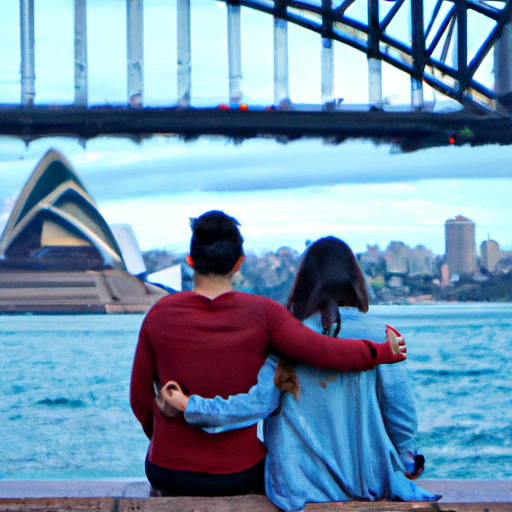Middle-aged individuals stepping into the dating world often carry a suitcase of past experiences, both good and challenging. As they seek meaningful relationships with substance and longevity, it’s crucial to address this emotional baggage in a healthy and constructive manner. In this article, we will explore the importance of acknowledging and managing emotional baggage, while offering practical strategies for honoring the past while embracing a promising future in relationships.
Understanding Emotional Baggage
Emotional baggage encompasses the emotional residue left by past relationships, traumas, and life experiences. It can manifest as trust issues, fear of vulnerability, or even unresolved feelings for an ex-partner. These emotional remnants, if left unaddressed, can cast a shadow on new relationships and hinder the potential for genuine connections.
The Impact of Baggage on Relationships
- Trust Issues: Past betrayals or disappointments can lead to trust issues that make it challenging to fully open up to a new partner. This lack of trust can prevent the development of emotional intimacy.
- Fear of Vulnerability: Carrying emotional baggage might make individuals hesitant to be vulnerable again, fearing that history might repeat itself. Vulnerability is essential for forming deep connections.
- Comparison and Unfair Expectations: Comparing a new partner to an ex or carrying expectations based on past relationships can hinder the organic growth of a new connection.
- Emotional Distance: Unresolved emotions can lead to emotional distance, making it difficult for partners to engage on an authentic and meaningful level.
Strategies for Dealing with Emotional Baggage
- Self-Reflection: Take time to introspect and identify the specific emotional baggage you’re carrying. Understand how it’s impacting your current mindset and behavior.
- Embrace Forgiveness: Forgive yourself and others for past mistakes or hurts. Forgiveness is a powerful tool for releasing negative emotions and creating space for new beginnings.
- Seek Professional Help: If past traumas are significantly impacting your emotional well-being and relationships, consider seeking therapy. A therapist can provide valuable tools to address and heal from emotional wounds.
- Practice Mindfulness: Engage in mindfulness techniques to stay present and curb the tendency to let past experiences cloud your interactions with a new partner.
- Communication is Key: Openly communicate with your new partner about your past experiences and emotional baggage. This transparency fosters understanding and creates an opportunity for support.
- Set Realistic Expectations: Understand that every relationship is unique. Avoid holding your new partner responsible for the actions of past individuals.
- Focus on Personal Growth: Use your past experiences as opportunities for growth. The lessons learned can shape you into a better partner in your current relationship.
Honoring the Past While Embracing the Future
- Celebrate Your Journey: Your past experiences, both positive and challenging, have contributed to the person you are today. Embrace them as chapters in your life story.
- Learn from the Past: Reflect on what you’ve learned from past relationships. Apply those lessons to cultivate a healthier and more fulfilling partnership.
- Create New Memories: As you embark on a new relationship, focus on creating fresh memories that are unique to this connection. Let them become the foundation of your journey together.
- Practice Gratitude: Express gratitude for the experiences that have shaped you. Gratitude helps shift your perspective from dwelling on negativity to embracing positivity.
Dealing with emotional baggage is an essential step for middle-aged individuals seeking meaningful and lasting relationships. By understanding the impact of emotional baggage, employing strategies to manage it, and focusing on honoring the past while embracing the future, you can lay the groundwork for a connection built on authenticity, trust, and emotional growth. Remember, the past doesn’t define your present or your future – it’s a stepping stone toward building a relationship filled with substance, longevity, and the promise of shared experiences yet to come.
